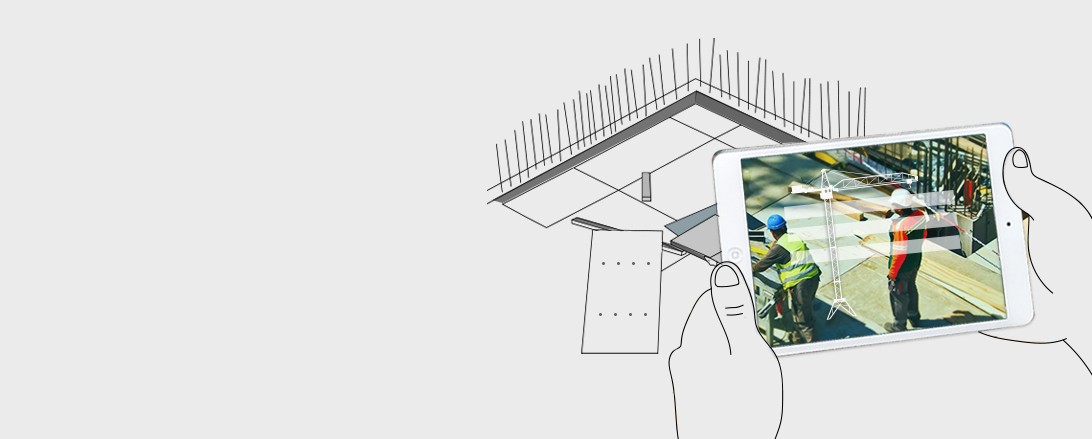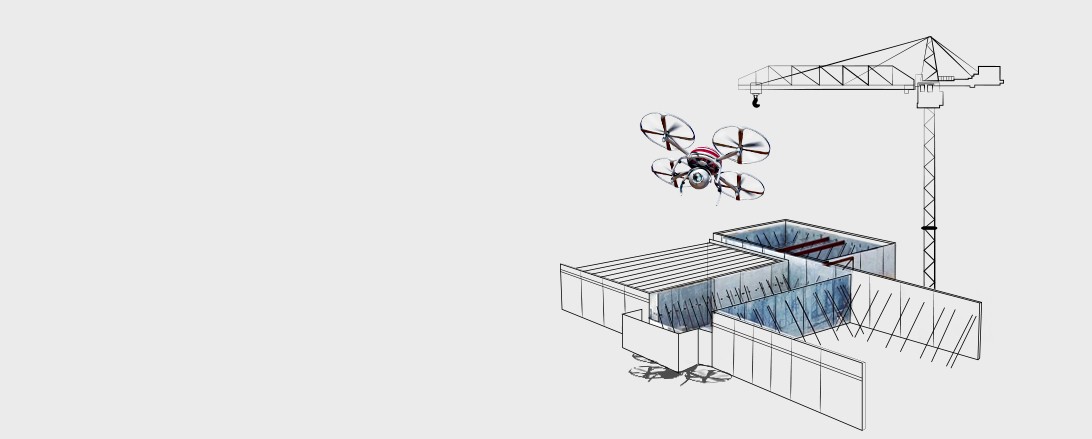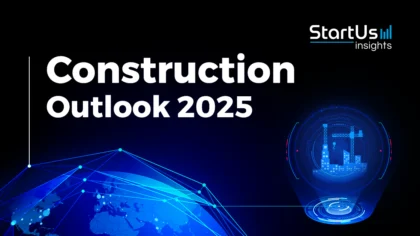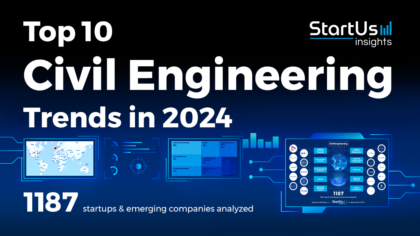Leverage our unparalleled data advantage to quickly and easily find hidden gems among 4.7M+ startups, scaleups. Access the world's most comprehensive innovation intelligence and stay ahead with AI-powered precision.
Though the construction industry was always perceived as stable it faces numerous challenges today. The digital revolution touches construction companies, creating a massive potential for innovation in various shapes and forms. Emerging technologies such as Building Information Modeling (BIM), Smart Materials, Virtual Reality, and Drones shape the future of this industry toward what has been called ConstrucTech. Due to innovations like these along with the progressive digitalization, the construction industry is expected to grow on average 3.4% per year from now to 2020, reaching a value of 8.4 trillion Euro in 2020 and 14.7 trillion Euro by 2030.
At StartUs Insights, we conducted a detailed examination of 1.500+ startups in the construction industry. Through analyzing newly appearing technologies and the startups driving them, we identified the most influential of these technologies. To display the innovation areas that impact the entire industry we decided to outline the eight most dominant.













